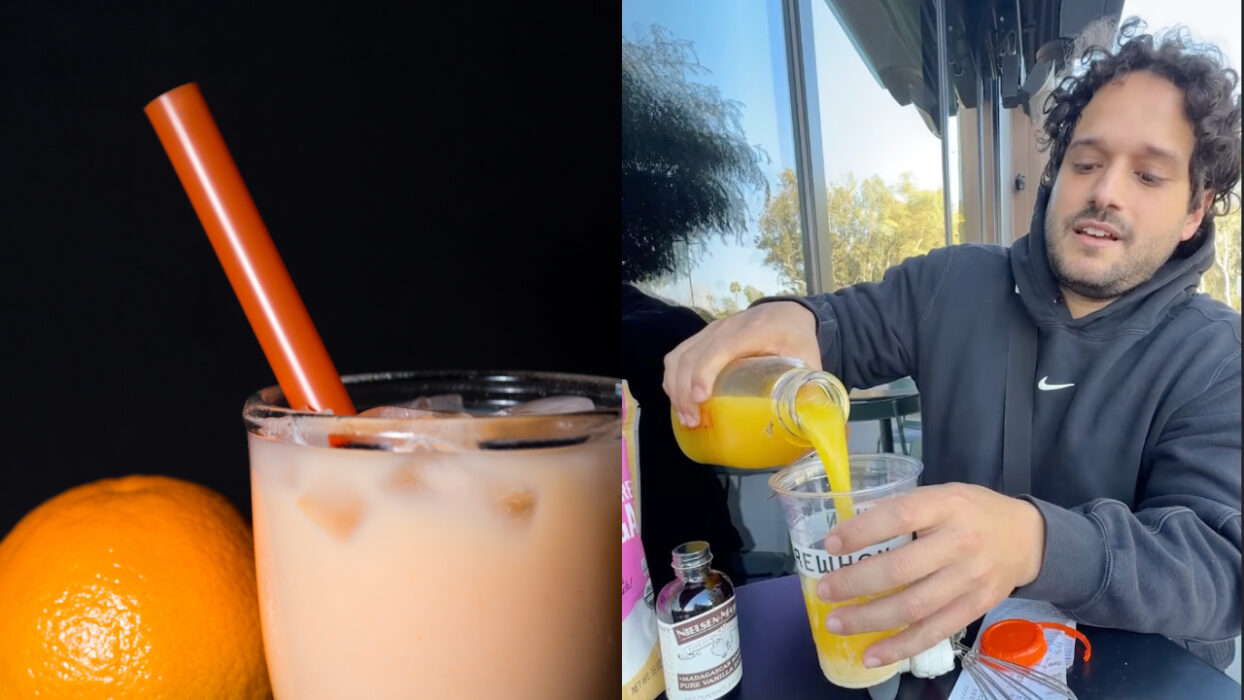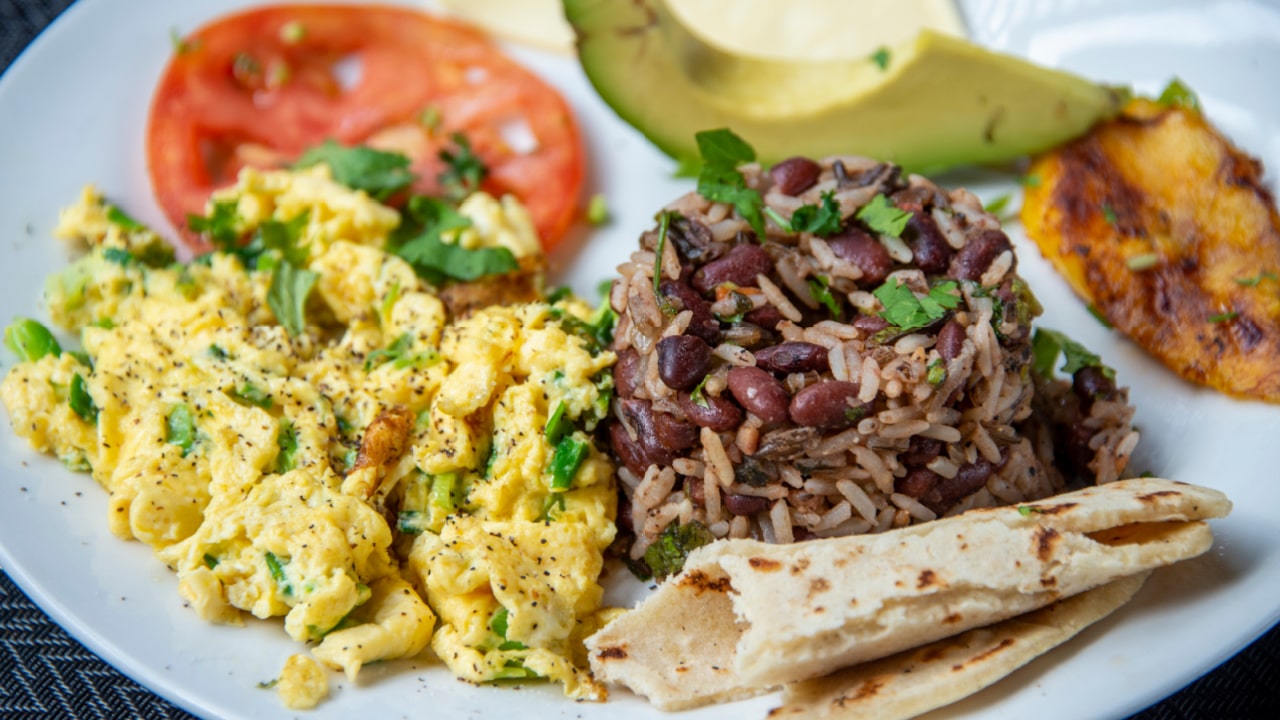
Why the Siete Foods Acquisition Is a Billion-Dollar Win for Latinos (Even if You’re Mad About It)
PepsiCo just acquired Siete Foods in a remarkable $1.2 billion deal. The family-run brand was founded by third-generation Mexican-American Veronica Garza in Laredo, Texas. After being diagnosed with Lupus, Garza recognized the need for grain-free tortillas for people with specific conditions like herself.
You would think our community would celebrate one of our own making big jefa moves, right? Yet, when the news broke, some corners of the internet—and many Latino online communities—were not having any of it. The comments showed that many of their original customers were clearly angry at the decision.
The Logic Behind Some Criticisms of The Siete Foods Acquisition
Some of the criticism is legitimate, like the concern that PepsiCo could cause the brand to change some of the their high-quality ingredients in favor of alternative, cheaper options.
Some of the more “organic” or health-conscious brands conglomerates have acquired over the last few decades, like Annie’s Homegrown (General Mills), Kashi (Kellogg), Burt’s Bees (Clorox), and Honest Tea (Coca-Cola Corp), did indeed change ingredients post-acquisition. One hopes that the original formulations will remain intact when the acquisition takes effect in 2025.
Worrying about a brand’s product quality taking a hit is understandable. But a lot of the buzz from our community revolved around Siete Foods “selling out” and putting profit over our community, which were their earliest and biggest fans. You’ll see comments on Instagram like “Guess money meant more to the founders than their customers.”
As the Latina founder of beauty brand Vamigas and an angel investor myself, I think this acquisition news needs to be looked at with a completely different lens. It requires us to push the boundaries of our thinking about Latino small business owners.
The Reality is Latino Founders Fight An Uphill Battle
Latino founders who raised funds in 2021 made up only 2% of all venture investments, and there’s been a 70% year-over-year decline in funding toward Hispanic brands.
We’re faced with a ghastly racial family wealth gap, which also means that many of our founders don’t have the “friends and family” round that many non-Hispanic White founders have (‘friends and family rounds are the initial stages of a company where founders raise capital from people within their networks).
As a result, founders are at a disadvantage from the day of their launch and have to work extra hard to find funding for their business, often in the form of taking grants, loans, or getting into credit card debt.
Venture capital firms and angel networks like L’Attitude Ventures, Angeles Ventures, Chingona Ventures, and networks like Pipeline Angels that create new Latine angel investors are moving the needle. Still, there is so much more to be done.
What Siete Foods did went against the odds. It was an impressive and likely unprecedented move. They are now among North America’s most successful Latino food entrepreneurs.
Before Judging Siete Foods, We Need to Understand Why Acquisitions Are Good For You Too
A billion-dollar deal will no doubt change the Garza family for generations, but it will also affect our community and you.
These behemoth deals create generational wealth that makes more Latino families successful and allows us to break the same old tired stereotype of a community in perpetual distress.
This is how Italian and Irish families broke out of intergenerational poverty between the 19th and 20th centuries and built a strong base of economic self-sufficiency, upward mobility, and homeownership to gain a massive foothold in this country’s economy.
The average household wealth of non-Hispanic households is $1.3M, whereas it’s at $200K in Hispanic families.
Imagine if our community’s average wealth was $1M. When we reach this milestone, it will mean more Latino investors unleashing capital for your small business or investment into the shop owners in your neighborhood, more jobs in your community, a complete reinvigoration of entire towns, and a wealth of new opportunities for your kids to be the leaders of the next generation.
Venture Capitalists Are Gatekeepers—Let’s Change That
There’s a lot of consumer misinformation about the venture capital space and small businesses. Acquisition is the dream for many entrepreneurs. Running a business is hard and expensive, and many founders toil away for years, paying themselves a minimal wage and sending every penny back to their business.
In fact, founders often spend years without even paying themselves a salary. This is precisely what Siete Foods’ founders did. Never assume that all brands are actually making any money. In fact, it’s the opposite. It usually takes years to reach profitability. Are those founders we love to hear raising millions? Those millions don’t land in their personal checking accounts. Instead, it goes directly into the cost of doing business. Selling their business to a big player is the only way for the hard work to make any sense.
Thinking that selling to a big corporation—or even fundraising—is “selling out”—is having a fundamental misunderstanding of how business is run. This is likely because the Venture Capital space is inherently great at gatekeeping, and few of us are working in the VC space.
We need to change that mindset by paying attention to business and investment news, involving ourselves in the space, and, if possible, becoming angel investors.
What do you need to become an angel investor yourself? It’s actually not as elaborate as you would think. To become what’s called an accredited investor and be able to invest in startups, you have to a substantial salary. However, most angel networks let you invest as little as $1K. This is a great way to become involved in the venture capital space and learn how these deals are made.
What if Steve Jobs Had Decided to Stay Small?
Can you imagine if Steve Jobs, or Walt Disney, or John Mackey “stayed small” to keep the business in the family? The loss of innovation and cultural impact would have been unimaginable.
Many of us are betting that the next generation of world-changing companies will have founders with Latino last names and an unmatched cultural understanding. Siete Foods had that potential, and your business—or your child’s business—may have it, too. This is why this “sell-out mentality” is toxic and hurts small business owners everywhere.
We’ve got to reframe these and future acquisitions as successes that have the potential to elevate culturally relevant and authentic products and ideas to a global stage and reinvigorate our communities.
What Can We Do to Help Other Brands Like Siete Foods?
Supporting Latino business owners is critical, particularly these days when our community is facing what seems like an increase in xenophobia and bias and as we’re painted as “threats” to North American society and its values.
It’s time to support our own, especially when they reach critical milestones, instead of turning away and criticizing their growth when they need it the most.
Rather than seeing acquisitions as a loss of street cred, we should view them as significant wins for entrepreneurship, wealth creation, and game-changing cultural representation.
Let’s give Siete Foods a break and help usher in the next billion-dollar Latina-led brand.
Chilean-American Ann Dunning is the co-author of Radical Señora Era: Ancestral Latin American Secrets for a Happier, Healthier Life, which is now available for pre-order wherever books are sold. She’s also the co-founder of the Latina-owned rosehip line Vamigas.




